Storage unit insurance may not be the first thing on your mind when you decide to rent a space for the things you no longer have room. You see the gates, security codes, and surveillance cameras. Shouldn’t that be enough?
Hopefully, you won’t fall into this false sense of security. Nowhere is foolproof, and your things need as much protection at a storage facility as it would in your own home.
In the following article, we’ll be discussing the reasons to consider the insurance as well as your next steps for purchasing. Let’s begin!
1. Receiving Compensation for a Total Loss
The first and most obvious reason to purchase storage rental insurance is to guarantee yourself something in the event of a total loss. The unexpected can certainly happen, and you want to make sure there’s some type of value attached to the things you’ve deemed worthy enough to keep in case they do.
Of course, you can’t replace items with sentimental value. That’s why we recommend keeping the items you’ve deemed irreplaceable and important to you at the same place you’re staying.
But if you decide to store off-site or you have to due to circumstances beyond your control, it helps to have those items protected. You may not be able to get them back, but you can certainly make sure they’re not forgotten in the event of a total loss.
2. Failsafing Against Burglaries
Something else to consider when deciding whether to buy public storage insurance is the likelihood of a break-in. Crime at storage facilities does happen. It usually comes in the form of burglary.
Random criminals target these sites if they feel the security measures are in question. They also may do so if they feel like they can get in and out before the police arrive.
Your site of choice should have security measures in place. But criminals often plan for those and have scouted their getaway routes ahead of time. If you’re the unlucky tenant who gets targeted, you want to make sure you’re compensated for the items stolen.
3. Protecting Your Valuables from Weather Events
A factor many fail to consider when weighing the decision of buying insurance for their storage unit: extreme weather events. Every region has a susceptibility to tornadoes or flooding or hurricanes or earthquakes.
Name the poison for your area. If something happened to damage your storage unit facility and the items inside your particular unit, how much would you stand to lose?
No one can control the weather. Not security cameras or alarm systems or password-activated gates. Insurance could provide you with a safety net should Mother Nature take a turn for the worst.
4. Guarding Yourself Against Property Owner Negligence
You’ll also want to consider self-storage insurance to guard against the negligence and irresponsibility of a landlord. For example, let’s say your storage facility ticked all the security boxes when you decided to move your stuff into it.
But somewhere along the way, a lazy landlord allowed his alarm service to expire or a few of his surveillance cameras shorted out right around where your unit is located. All it would take is a criminal hopping the fence and hitting the right area to ensure you never see your stuff again.
You can’t just assume the landlord is going to do the right thing. The insurance covers your valuables should that happen.
5. Insurance Is Required
Some units may actually require insurance for access to their storage units. If that’s the case, then great! You have one more layer of protection.
But it can be difficult knowing the ins and outs of coverages. (Or, finding a specialty provider that’s trustworthy.)
Now that we’ve covered the reasons you need this insurance, let’s remove any doubts you may still have. In the next section, we’ll be examining each of the steps you should be taking. Let’s continue!
Next Steps for Obtaining Storage Unit Insurance
Storage unit insurance isn’t quite as tricky to get as you may be thinking. Sure, you’ve probably never heard of it and you may feel a little “insurance’d” out. But if you stay the following course, you’ll have the coverage needed in no time.
Check Existing Coverages
The first thing to do is swing by your homeowner’s policy. Read the fine print, particularly with the interior contents of the home, and see if that extends to an offsite facility.
It’s not a done deal. But some policies do include those protections. And before you go off buying another policy, you’ll want to make sure it isn’t redundant.
Contact Your Agent with Questions
Of course, we’ve read some of those homeowners’ policies. The verbiage can sometimes be a little bit challenging. (Don’t worry, you’re not alone in that.)
That’s why, if you can’t find the specific area of the policy, you’ll want to meet with your agent before moving on. Ask them specifically about your situation.
And don’t simply take their word for it. If the language is in the policy that would cover your valuables stored off-site at a storage facility, have them direct you to it and read it word-for-word. Leave nothing to chance.
Enquire About Recommendations from the Property Owner
Perhaps your best friend should you be in a situation where additional insurance is needed: the storage site property owner or landlord. They deal with dozens of units on a daily basis. They know the concerns.
The chances that they’ll be able to point you in the direction of a reputable company that sells this type of insurance are pretty good. Again, this assumes you’ve done your homework and made sure the coverage isn’t built into another policy you have already.
Comparison Shop
Never go with the first option you see. You’re a customer. You should make the company you choose to work for your business by offering you their very best rates and riders.
You can save quite a bit of money by comparison shopping. It’s worth the extra effort, especially if your stuff is going to be in storage for an indefinite period of time.
Honor Your Coverage
Once you have a policy locked down, make sure you honor the commitment by paying your premiums in full and on time each month. If a policy were to go delinquent, you may lose it and then be faced with a loss before you’re able to reactivate. You also may find it difficult to get quality insurance after a policy has lapsed.
Out of Sight Should Not Mean Out of Mind
Running out of room for your possessions doesn’t make them any less valuable. Storage unit insurance is a nice way of reminding you of their value while also ensuring that you are compensated should the worst happen.
Good luck with whatever life event has you in need of a storage unit. And if you’re ready to grab a free quote, contact SnapSure today.

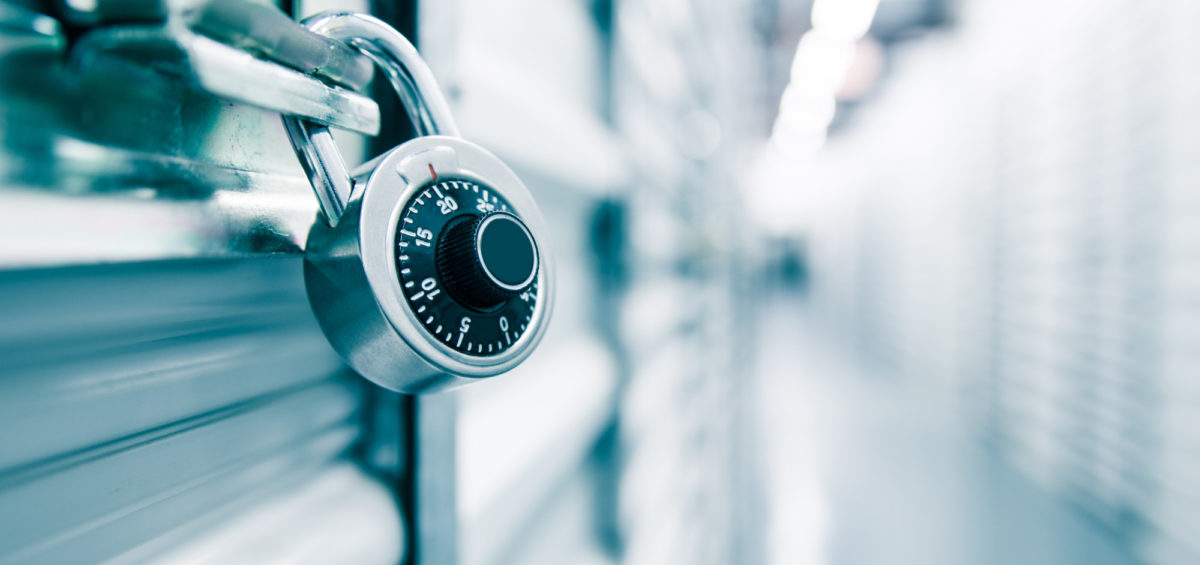
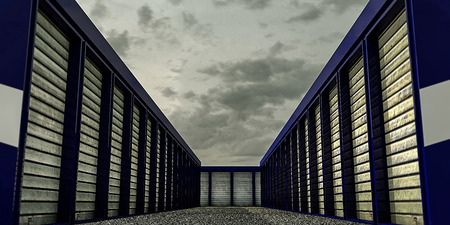
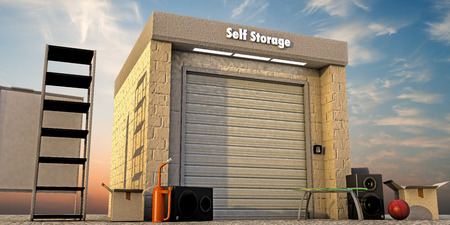
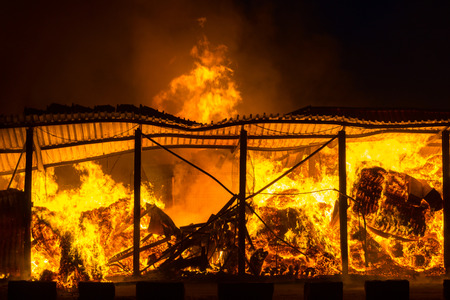
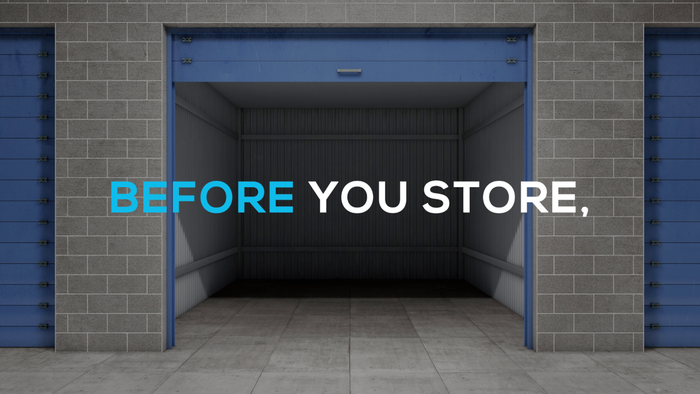
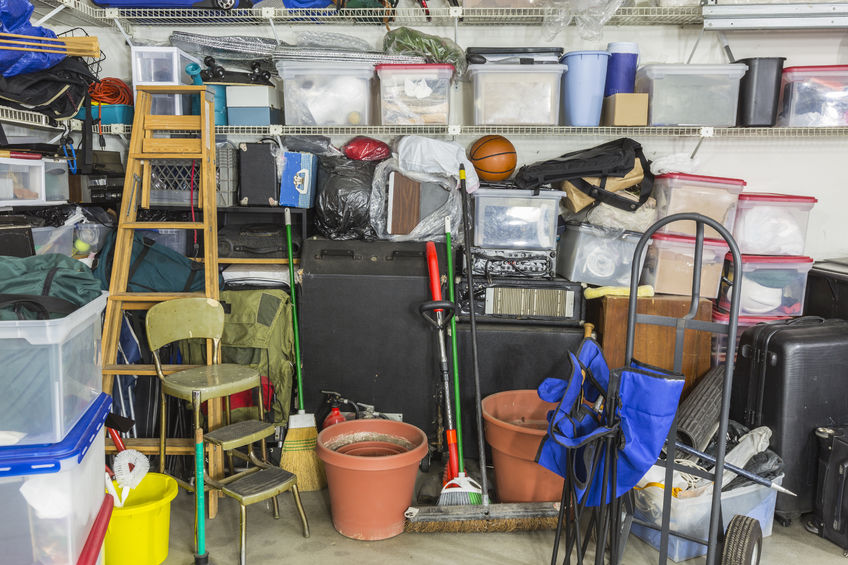
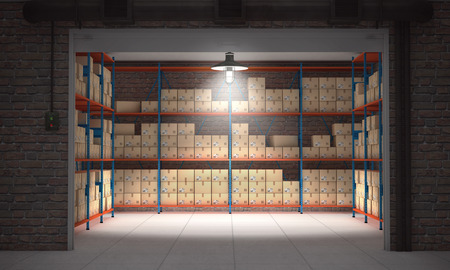




I was talking to a friend who’s an avid collector of vintage cars, and he mentioned that he’s been on the lookout for a secure and climate-controlled storage facility to house his prized collection. It made me think about the clutter in my own garage and how I could benefit from a storage facility to free up space and keep my belongings safe and well-organized. I will keep in mind what you said about how in order to protect yourself from a landlord’s incompetence and irresponsibility, you should think about purchasing self-storage insurance.